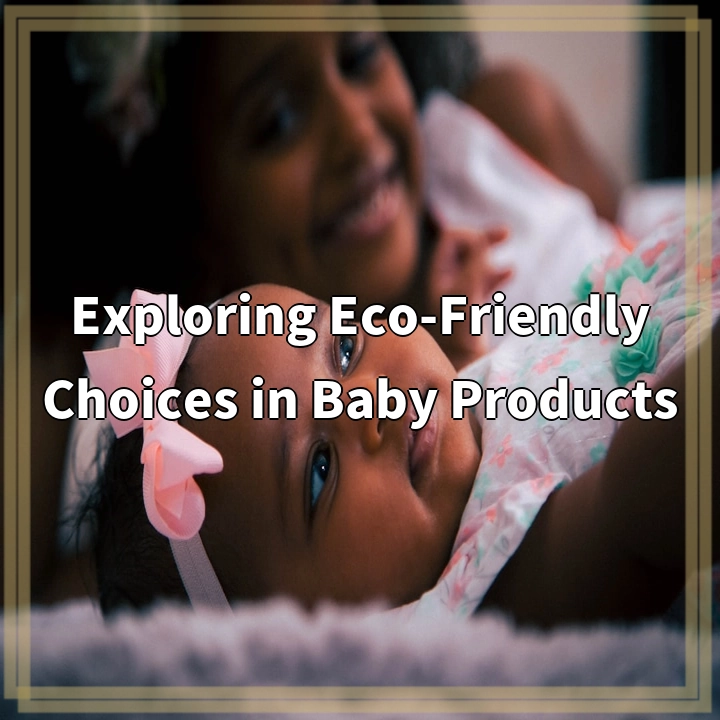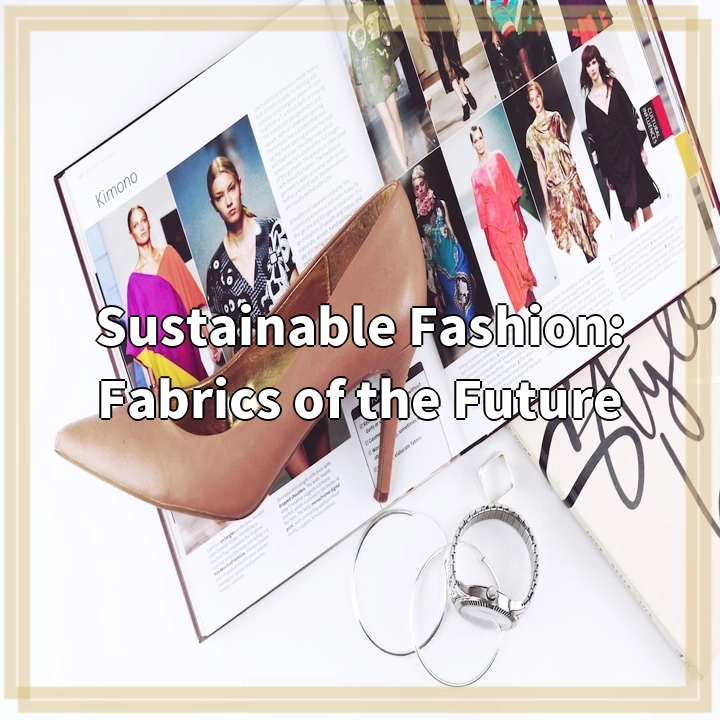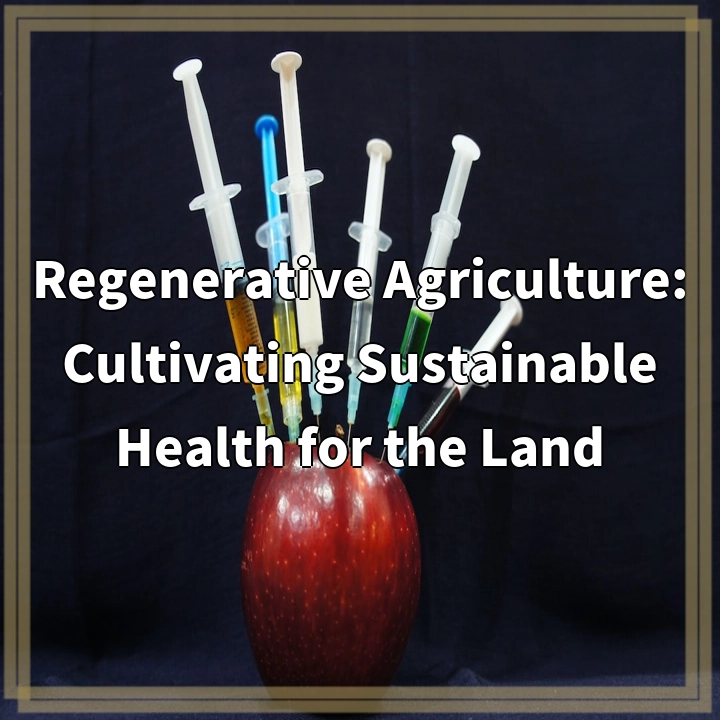
What it is:
Eco-friendly choices in baby products refer to a growing trend among parents to opt for products that are sustainable, non-toxic, and have a minimized environmental impact. These choices include selecting baby products made from organic, natural, or renewable materials, as well as products that are produced using eco-friendly manufacturing processes.
Real-world problems:
Despite the increasing availability of eco-friendly baby products, there are several challenges and concerns that parents may encounter when navigating this market.
1. Lack of clear standards and certifications:
One of the main challenges faced by parents is the absence of standardized labeling and certifications for eco-friendly baby products. While there are regulatory bodies and organizations that offer certifications, such as the Global Organic Textile Standard (GOTS) and the Forest Stewardship Council (FSC), the lack of universal standards can make it difficult for parents to assess the credibility and authenticity of product claims.
2. Greenwashing:
Greenwashing refers to the practice of companies making false or misleading claims about the eco-friendliness of their products. Some companies may use terms like “green,” “natural,” or “sustainable” without providing concrete evidence or transparent information to support these claims. This can mislead parents into purchasing products that are not as environmentally friendly as advertised.
3. Affordability and accessibility:
While eco-friendly baby products are gaining popularity, they can often come with a higher price tag compared to conventional alternatives. This can make it challenging for families with limited budgets to afford these products. Additionally, there may be limited availability of eco-friendly options in certain regions, making it difficult for parents to access these products.
4. Limited product options:
Although the market for eco-friendly baby products is growing, there is still a limited range of options available compared to conventional products. This can make it challenging for parents to find specific products, such as eco-friendly diapers or clothing items, that meet their sustainability criteria.
Overall, while eco-friendly choices in baby products offer numerous benefits in terms of sustainability and health, it is important for parents to be aware of the challenges associated with this market. By staying informed, researching product claims, and supporting companies with transparent and credible certifications, parents can make more informed decisions and contribute to a more sustainable future for their little ones.

Solutions for Eco-Friendly Choices in Baby Products
Addressing the challenges associated with eco-friendly choices in baby products requires a combination of consumer awareness, industry transparency, and government regulations.
1. Clear and standardized labeling:
Consumer demand: By actively seeking out products with clear certifications from reputable organizations, parents can support companies that provide transparent information about their eco-friendly practices.
Government regulations: Governments can play a crucial role in establishing standardized labeling guidelines and enforcing transparency in the marketing claims made by companies.
2. Consumer education:
Parental research: Parents can conduct their own research to understand the meaning behind terms like “organic,” “natural,” and “sustainable.” By being informed consumers, they can make more sustainable choices for their baby products.
Industry transparency: Companies can take steps to provide accessible and easily understandable information about their product materials, manufacturing processes, and certifications so that parents can make well-informed decisions.
3. Affordability and accessibility:
Increased competition: As the demand for eco-friendly baby products continues to rise, the market will respond by offering more affordable options. Increased competition can help reduce prices and make these products more accessible to a wider range of families.
Government support: Governments can provide incentives and subsidies to companies that prioritize sustainability, making eco-friendly baby products more affordable and accessible for parents.
4. Product innovation and variety:
Industry investment: Continued research and investment in the development of eco-friendly materials, manufacturing processes, and product options can help expand the range of choices available to parents.
Consumer demand: By voicing their preferences and supporting companies that prioritize sustainability, parents can create a market demand that encourages the industry to offer more eco-friendly baby products.
By implementing these solutions, parents, industry stakeholders, and governments can work together to overcome the challenges and promote sustainable choices in baby products. Ultimately, these efforts can contribute to a healthier environment for future generations.















